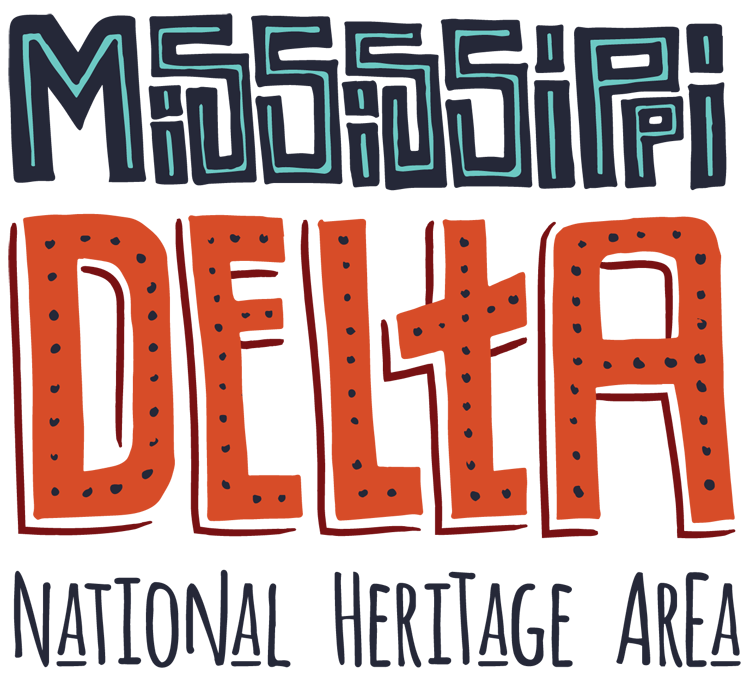"The Mississippi Delta begins in the lobby of the Peabody Hotel in Memphis and ends on Catfish Row in Vicksburg." With these geographical and cultural extremes, author David Cohn described the Delta, a land of great extremes. Indeed, author Will Campbell has defined the Delta as "a place of mean poverty and garish opulence." The contradictions that make up American society are visible in the paradoxes of the Delta—powerful and powerless, rich and poor, black and white, literate and illiterate, high class and low, sacred and secular, and humans and nature. Plantation agriculture and the stark contrasts it entails have embodied much of this divide. Yet the Delta is also a place of communities. In the 19th century, the self-contained industries and large labor forces of plantations formed the basis for community. After the Civil War ended, a number of ethnic groups were recruited to the region as sharecroppers to replace black laborers or simply came seeking opportunity. Italian, Jewish, Chinese, and Lebanese immigrants added elements of their cultures to the Delta's mix. The built environment in Delta communities ranges from vernacular to high style, providing a window into many aspects of the region's complex history.





